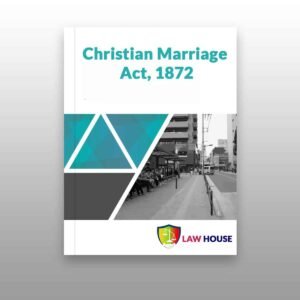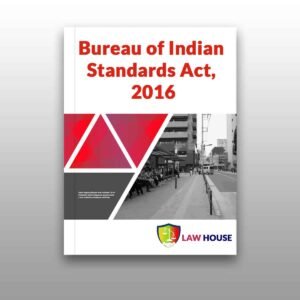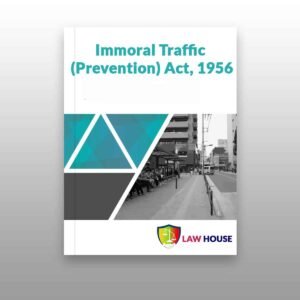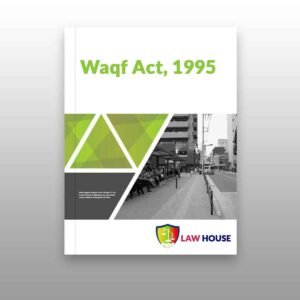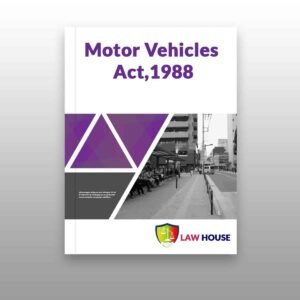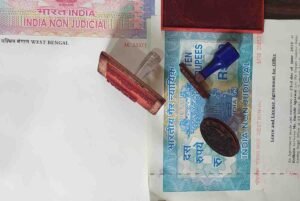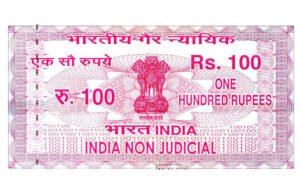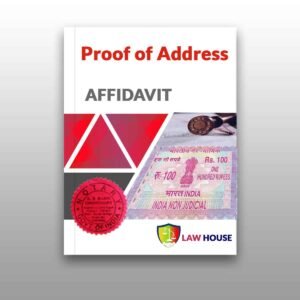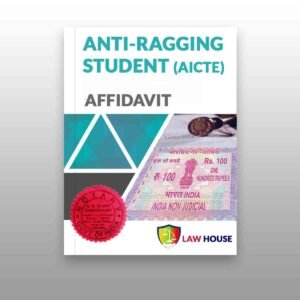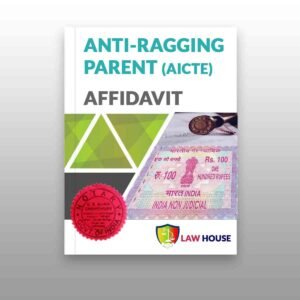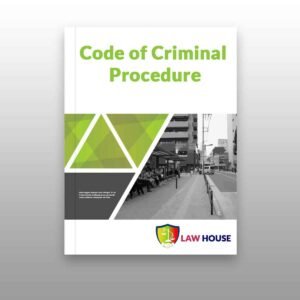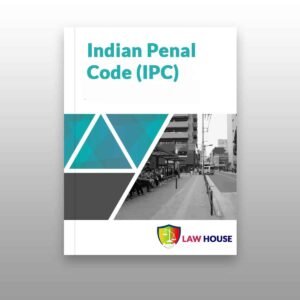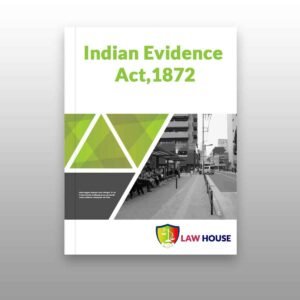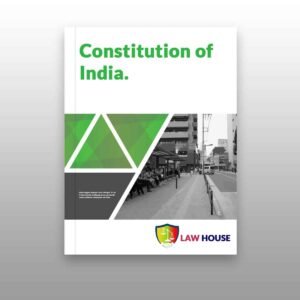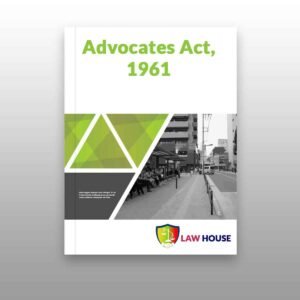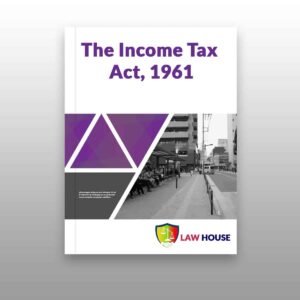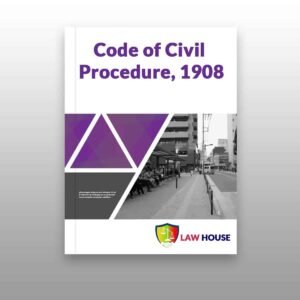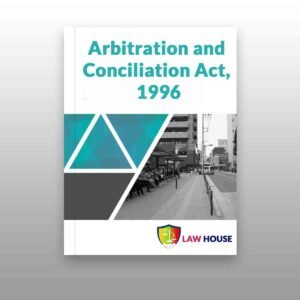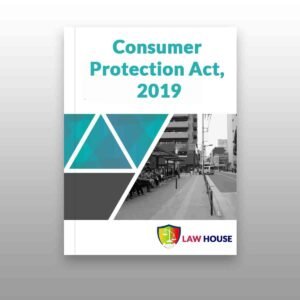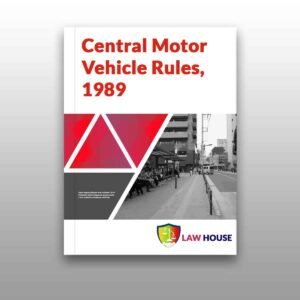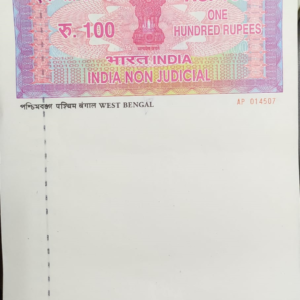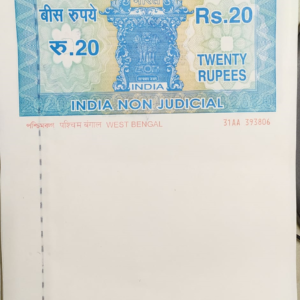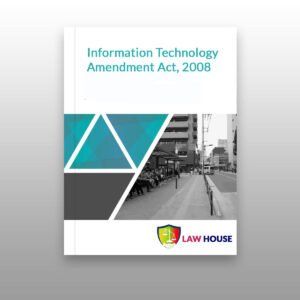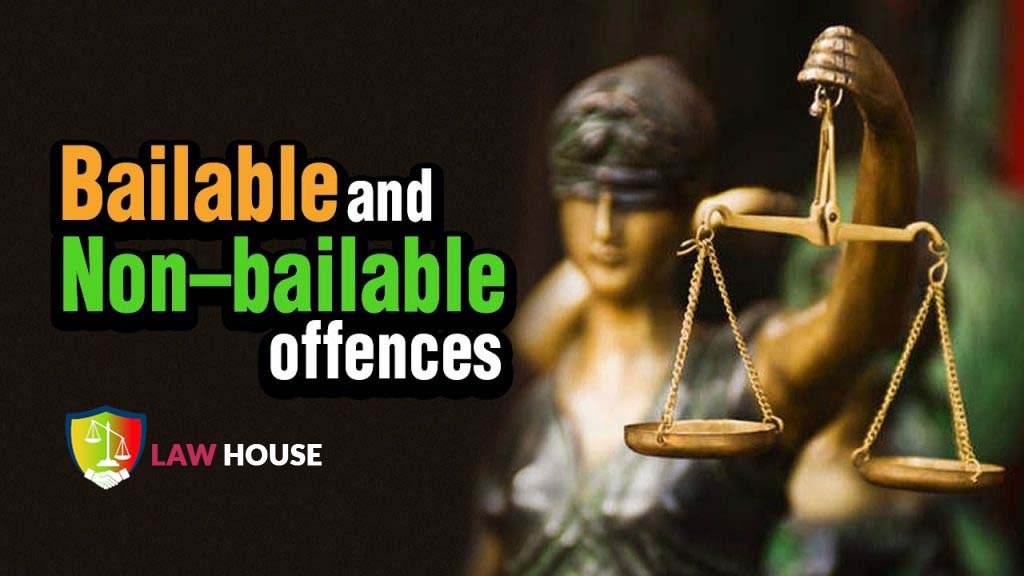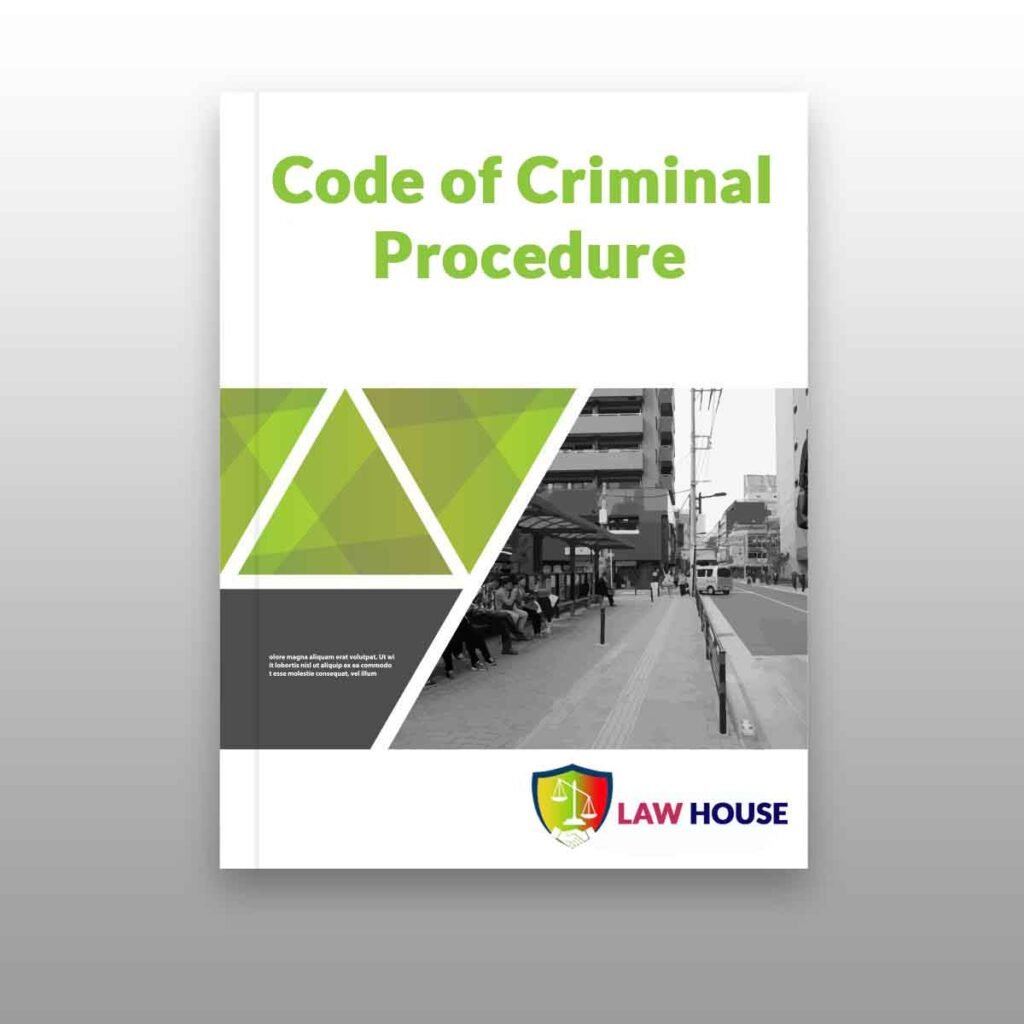Compoundable offence meaning
Meaning of Compoundable offence: Compoundable offences are the one where the complainant with some bonafide intention compromises and agree to take back the charges which have been dropped against the accaused. Be it mentioned that there must be no consideration to which the complainant is not entitled to. Its a settlement between parties where the aggrieved person or the victim receives some consideration or gratification for not prosecuting the accused. Section 320 of the Code of Criminal Procedure provides a list of offences which are compoundable in nature and are punishable under a different section of the Indian Penal Code. This article will help you to understand Compoundable and Non Compoundable offence. Compoundable offence and non compoundable offence are described in CRPC.
Meaning in Hindi
Compoundable offence meaning in Hindi: कंपाउंडेबल अपराध
Non Compoundable Offence meaning in Hindi
Non Compoundable Offence meaning in Hindi : गैर कंपाउंडेबल अपराध
EXAMPLE OF OFFENCE:
1. house-trespass
2. Uttering words with an intent to hurt any person’s religious feeling.
3. Printing or engraving matters, knowing as defamatory.
4. Criminal breach of contract of services.Non Compoundable offence meaning
Meaning of Non Compoundable offence: Non Compoundable offences are the one which cannot be compounded. They can only be quashed. It is because the nature of offence which is more serious, grave and criminal, that the Accused cannot be allowed to be free with some settlements. In such offences both private party, as well as the society, are affected .Here, in such type of cases, it is the “state”, i.e. police, who files the case, and so the question of compromise does not arise. All the offences which are not mentioned in Section 320 of CrPC are non-compoundable offences.
EXAMPLE OF OFFENCE
- Rape
- Murder
- Robbery
- Hurt
Difference Between Compoundable and Non Compoundable Offence
| Catagory | Compoundable Offence | Non-Compoundable Offence |
| Nature of Crime | The nature of the offence not so serious | The nature of the offence is serious. |
| Withdrawal of Charges | Charges made against the accused can be withdrawn | Charges against the accused cannot be withdrawn. |
| Affected parties | It impacts only to a private /single person. | It affects both, private person as well as the society at large. |
| Compound ability | Settlement can be done either with permission or without permission of the court. | It cannot compound, the offence can only be quashed |
| Filing of the case | Case can be filed by a private person | Cases are filed by State. |
| Section under CRPC | Section 320 of the Code of Criminal Procedure, 1973 contains the offences that can be compoundable offences. | Any offence which is not included in Section 320 of the Code of Criminal Procedure, 1973 are termed as non-compoundable offences. |
| Example of Compoundable & Non Compoundable Offence | Compoundable offence under IPC :Theft, Grievous hurt, Defamation, Trespass, etc. | Non Compoundable offence under IPC : Murder, Kidnapping, etc. |
Related Posts::
Related Books:









![Honey trap in Cybercrime: A to Z guide Exploring Honey Trap in Cyberspace [With Video]](https://www.lawhousekolkata.com/wp-content/uploads/Post-Images/Honey-Trap-300x169.jpg)

